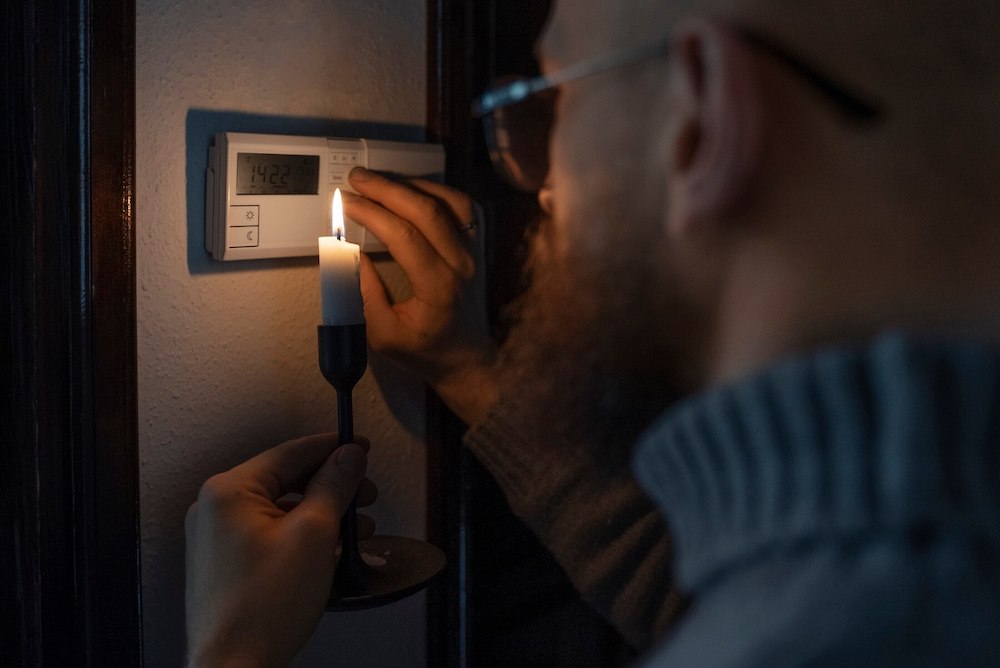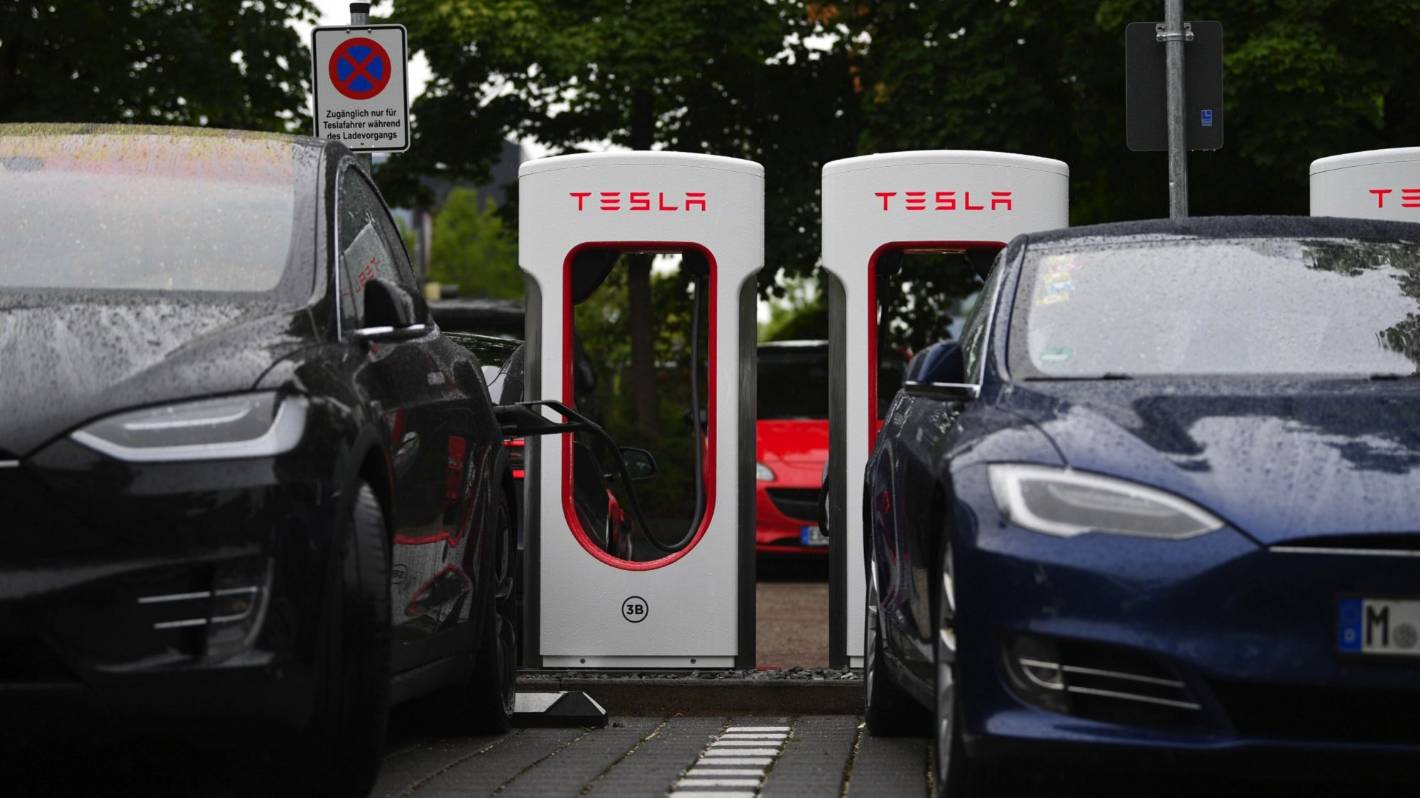Groundbreaking Columbia Study Highlights Challenges
A recent study by Columbia University Mailman School of Public Health and the NYC Department of Health and Mental Hygiene reveals that around 30% of New York City residents face energy insecurity. Published in Health Affairs, this first representative survey investigates the relationship between energy insecurity and health, providing critical insights for future interventions.
Disproportionate Impact on Vulnerable Communities
The study illustrates that energy insecurity, characterized by the inability to meet household energy needs, significantly affects Black non-Latino/a, Latino/a residents, renters, recent immigrants, and households with children at higher levels than their counterparts. This unequal distribution emphasizes the need for health equity and targeted support for low-income and minority communities.
Connecting Energy Insecurity to Health Risks
Findings indicate that those experiencing energy insecurity show higher odds of suffering from respiratory, mental health, and cardiovascular conditions. The study’s broad range of indicators also sheds light on the severe implications of poor housing quality on energy insecurity and associated health risks.
Pioneering Approach to Energy Insecurity Measurement
Researchers developed a comprehensive ten-indicator instrument to assess the sociodemographic and health associations of energy insecurity. This innovative approach goes beyond previous studies, offering a more nuanced understanding of energy insecurity’s impact on New York City’s residents.
Policy Implications and Future Directions
The study’s findings underscore the importance of addressing energy insecurity to combat health disparities and improve outcomes. By providing a solid evidence base, the research supports the development of policies aimed at ensuring access to affordable, reliable energy as a cornerstone of health equity and climate change adaptation.
This collaborative effort highlights the vital role of academic-government partnerships in advancing climate health research and policy-making, setting a precedent for other cities to follow in tackling energy insecurity and its health implications.
Source: miragenews.com





